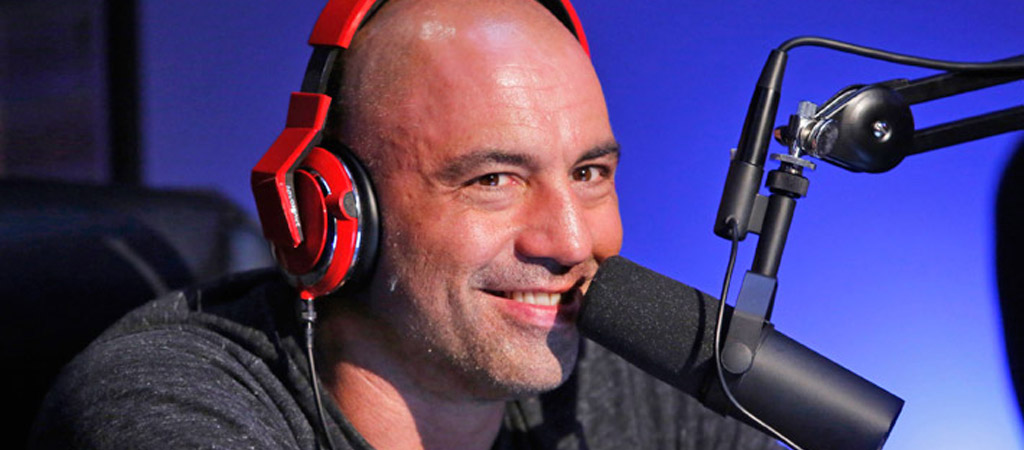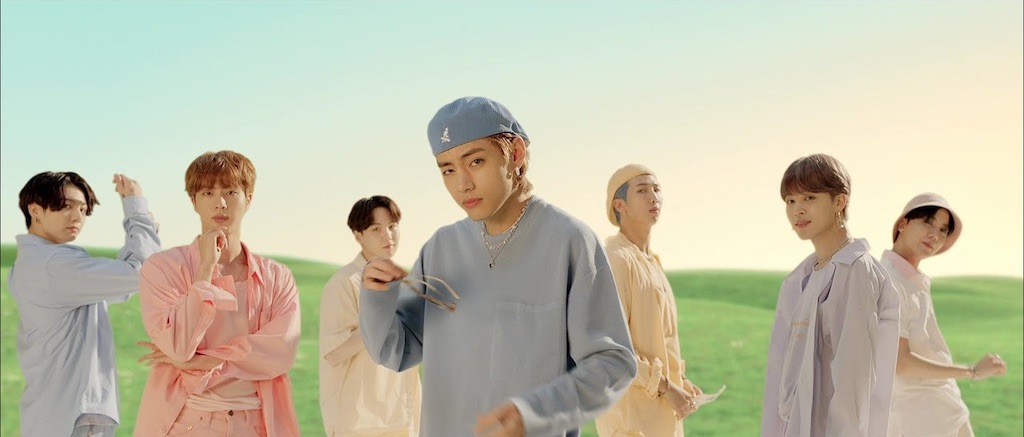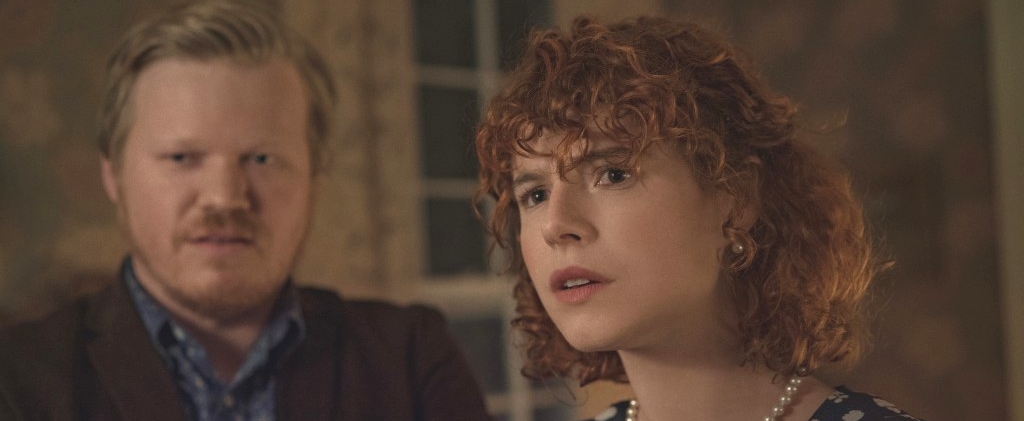
It’s the first Friday of the month, which means one thing in the indie music world: Bandcamp Friday. The artist-friendly service has been waiving their fees once a month to help its base of independent artists make money during a time when the worldwide quarantine is affecting everyone’s bottomline. They grossed $4.3 million in sales on the first Bandcamp Friday, which helped an untold amount of artists. We’ve put together indie rap roundups before, but this one is even more sprawling. Here’s a look at 20 songs and projects you should consider supporting this Bandcamp day, from melodic, genre-bending artists to straight up lyrical exercises:
Cambatta — “Kovid 24”
Cambatta is one of the most lyrically and conceptually ambitious MCs out there. “Kovid 24” is, as his Bandcamp description expresses, a 10-minute “lyrical stemutation” over a The Heretic production that sounds like the theme to an apocalyptic fever dream.
Chris Cassius — 6 Tape Vol. 1.5
Baltimore’s Chris Cassius’ versatility is displayed throughout his 6 Tape Vol. 1.5 project. On the intro track “Baby Steps,” he, Scotty Banx, and Mama 6 rhyme about the travails of mere survival in the hood, with the striking observation that “the beauty of a baby takin’ they first steps: they walkin’ right through hell and they don’t even know it yet.”
Che Noir & Apollo Brown — As God Intended
In July, Che Noir and Apollo Brown linked up for As God Intended, a coming of age project where Noir reflects on her life and times over Apollo’s soulful, searing production.
TheDeeepend — Calm (2018)
The adage is that there’s no new music, just music you have or haven’t heard before. In that vein, Raleigh MC TheDeeepEnd released Calm (2018), a trio of tracks from 2018 that serve as a sequel to his 2019 Verano project (which is also on Bandcamp).
H3IR — ve·loc·i·ty
Brooklyn MC Maassai linked with producer JWords to form the H3IR duo. They released their debut project today, right in time for Bandcamp Friday. The 12-track project features Maassai’s sharp lyricism over JWords’ whirling, experimental soundscape.
Iceberg Theory — The Cabal(a)
Iceberg Theory linked up with producer August Fanon for The Cabal(a), a 17-track project where Fanon laces Iceberg with smooth, jazzy soundscapes ripe for his intense delivery and esoteric lyricism.
JessB — 3 Nights In Amsterdam
New Zealand-based MC JessB is a bold, genre-bending artist whose catalog reflects the breadth of her experiences across the globe. 3 Nights In Amsterdam is the latest such offering. The 6-track project is full of dancefloor-ready tracks that range the influence of hip-hop, electronic, and reggaeton.
Kipp Stone — “Cheap Sangria”
On “Cheap Sangria,” Kipp Stone gets philosophical over an idyllic, self-produced instrumental ripe for him to show off his rhymes and offer his universal truth: “it’s all about the moment / how you bouta own it.”
Lance Jackson — “We’re Still Sippin’ Teenies”
Earlier this week, Massachusetts MC Lance Jackson dropped off “We’re Still Sippin’ Teenies,” a reflective track that serves as the first single from his upcoming album.
Latashá — Past Life
In June, LA-based artist Latashá put together a collection of tracks that are usually her show-only tunes. The result is Past Life, a varied celebration of her run as one of the Brooklyn scene’s most memorable acts before her cross country trek.
Madwiz — God’s Gold Teeth
Madwiz’ God’s Gold Teeth project is a seven-song exhibit of the Brooklyn rhymer’s technical prowess and charismatic mic presence over fun, inventive production.
Quanna — “Like Me Remix”
Quanna is self-assured on her effervescent “Like Me” Remix, letting the world know, “it’s my time go ‘head pass the torch” and delivering an earworm hook ripe to be recited by anyone who’s feeling themselves in the moment.
Red Shaydez — Feel The Aura
Boston’s Red Shaydez rhymes, “conscious or pop I do what the beat makes me do” on “They Call Me Shadez,” then actively showcases her versatility throughout the sprawling 19-track project.
S!lence — Camouflage Cognizance
With July’s Camouflage Cognizance, Brooklyn MC S!lence dropped off a project of what he called “scattered notes” of skillfully crafted witticisms and insights over a suite of arresting production.
Sadistik — Elysium
Sadistik’s Elysium is a skillful exhibition of the LA artist commandeering murky production that allows his poetic, stream of consciousness-style lyricism to prosper and offer much-needed food for thought.
Sidewalk Kal — Pink Moon
The rhymes on Sidewalk Kal’s Pink Moon EP start out with a “god like message” on “Message.” The Brooklyn-based rapper-producer keeps the frequency high from there, offering six introspective, spiritually-tinged tracks on his July release.
Sivion, Dre Murray, & Sojourn — “Better”
Virtually the entire world is on hold, and Sivion, Dre Murray, and Sojourn spoke to these unprecedented times on “Better,” a confessional collaboration where Murray notes, “spirit wide awake, to the king I will cling.”
Tef Poe — Surviving The Times
Anyone familiar with St. Louis rapper and activist Tef Poe knows he’d have a lot to express in these dire times. That’s exactly what he did throughout the aptly-named Surviving The Times, where he unleashes over eight well-known beats as well as the soulful, Mr. Fritz-produced “Black Messiah.”
Uniique — “Stand Back” Feat. Dj 93rd
New Jersey artist Uniique got with Dj 93rd to offer people a jolt during quarantine with “Stand Back,” a frenetic Jersey Club track that’ll turn wherever listeners are into a dancefloor.
Witch Prophet — “Musa” Feat. Stas Thee Boss
Stas Thee Boss delivers a hushed-but-urgent verse on the remix to Witch Prophet’s “Musa.” The two speak to the peril of the moment, with Witch Prophet pondering, “where do we go from here” and Star chiding, “you be Headed to beheading / where the hell ya head at?”

 (@TheeKweenK)
(@TheeKweenK) 










